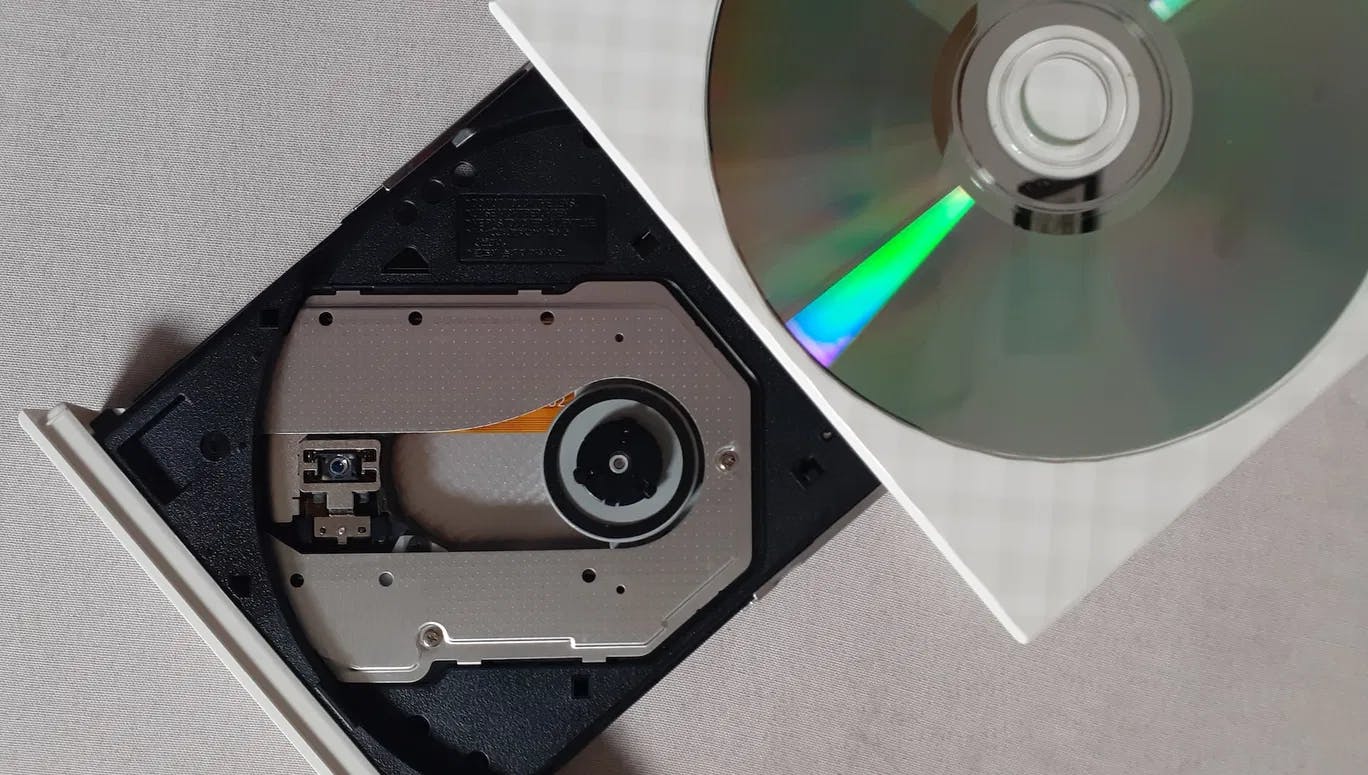
Five Dutch tech breakthroughs that changed the world
An acumen for innovation
The Netherlands is home to some of the world’s biggest tech giants and exciting scale-ups, so it's little surprise that these five couldn't-live-without innovations were actually created right here!
Wi-Fi
Remember the internet before Wi-Fi? A maze of wires throughout your home, laptops you had to plug in to connect – and don’t get us started on those nightmare-inducing dial-up tones of the late ‘90s and early ‘00s. If you’re reading this at work (naughty you) or at home, you’re using Wi-Fi right now, and you can thank the Dutch for that.
It all started over two decades ago, when Vic Hayes – known as the “Father of Wi-Fi” – and Amsterdam-born entrepreneur Cees Links laid down the foundation for Classic WaveLAN, the precursor to 802.11. Of course, it was later renamed Wi-Fi. In fact, it was Links’ wife – Angela Champness – who originally came up with the name, which actually stands for “Wireless Fidelity”.
CD, DVD and Blu-Ray
Okay, okay. We know compact discs are going the way of print and – ahem – real-world social interaction: dying a slow, drawn-out death, destined to be replaced by all things digital and online. But that doesn’t change the fact that CDs were a revolutionary piece of tech. Teens these days won’t remember the be-kind-rewind era, when you had to physically rewind a VHS or cassette. The horror!
Compact discs and DVDs eventually did away with all that, replacing tapes and floppy discs with the nifty digital optical disc data storage format – which completely changed the distribution of software and digital media. The inventors of this tech? Joop Sinjou and Kees Schouhamer, two Dutchmen who helped Philips and Sony produce the format. They are also the reason that the holes in the centre of discs are the same size as the old Dutch 10-cent coin used before the Euro.
Python
Conceived in the late ’80s by Guido van Rossum at Centrum Wiskunde & Informatica (CWI), Python is now the bread and butter of many coders. The easy-to-use programming language is renowned for its clear, succinct nature and first-rate built-in library. And it was developed under an OSI-approved open-source license, which makes it freely usable and distributable – even commercially.
Sure, its memory consumption is pretty high and it’s a little slower than C and C++, but Python is a high-level language that’s accessible for first-time coders and efficient for experts; not to mention, its emphasis on code readability and consistency makes things simpler for coders. This Dutch-conceived tech is now an essential part of the worldwide programming community.
Bluetooth
Dutch electrical engineer Jaap Haartsen invented Bluetooth back in 1994, when he worked for Swedish company Ericsson Mobile. Due to a few compatibility issues, the tech got off to a rocky start – leading many experts to declare that Bluetooth was ‘dying’ throughout the ‘00s, particularly due to the rise of Wi-Fi. They were wrong.
Fast forward to today, and Bluetooth is still incredibly relevant, especially when it comes to audio and IoT. It’s still used in smartphones, speakers, handheld, laptops, console-gaming equipment, high-def headsets, modems and much more.
Speed cameras
Hey, we never said that all the Dutch inventions would change the world for the better! It may be the thorn in the side of drivers across the globe, but you can’t deny that speed cameras make roads safer. However, here in the Dutch capital, you’re more likely to be using a cycle path than a road!
Dutch company Gatsometer BV first came up with the speed camera back in 1958. The company’s founder, Maus Gatsonides – who was also a rally driver – wanted a better way to measure his average speed and improve his lap times, so he went ahead and invented it himself.
Naturally, the tech was picked up by the local police, and the rest is history. The company even went on to invent the first red-light camera back in 1965, the first road-traffic radar in 1971 and the first portable speed camera back in 1982. Safety first, eh?
Related articles

City data

International hiring and working remotely

Amsterdam in international rankings

#FoundersFridays: Meet Anieke Lamers

10 reasons startups choose and love Amsterdam

The people behind StartupAmsterdam: proudest moments, future plans and the best startup city in the world.

EQUALS: Equality and diversity in the workforce and Amsterdam’s ecosystem of female entrepreneurship

How Amsterdam’s startups are using AI to make the world a better place
